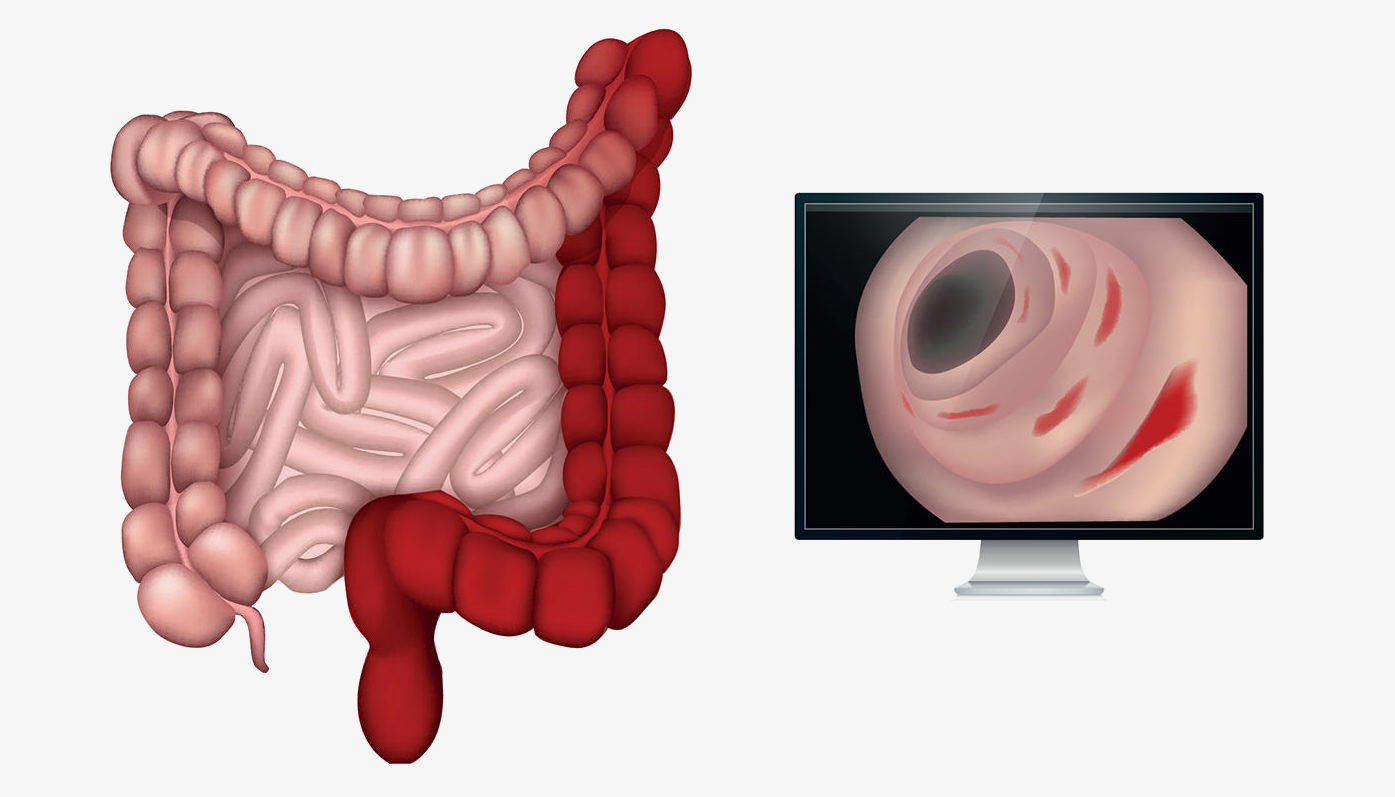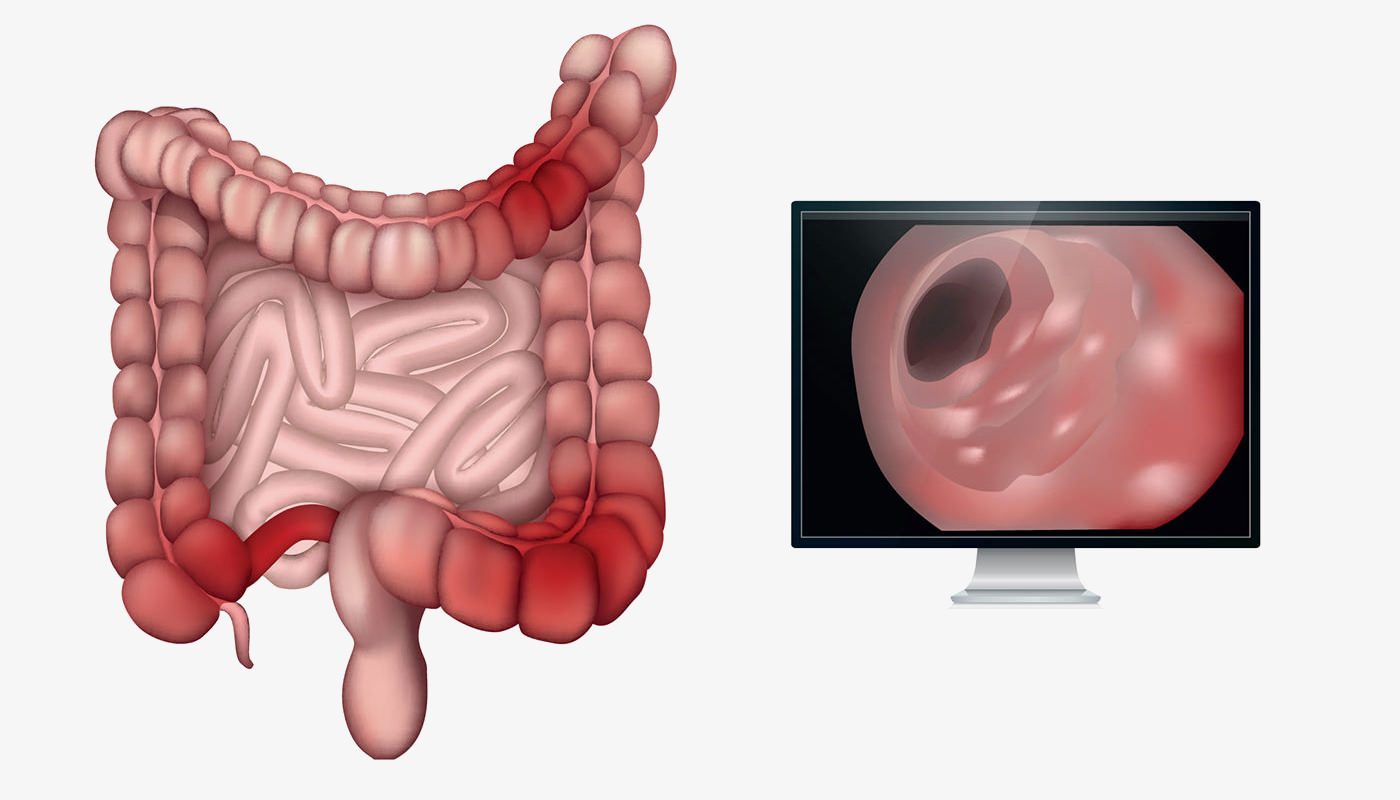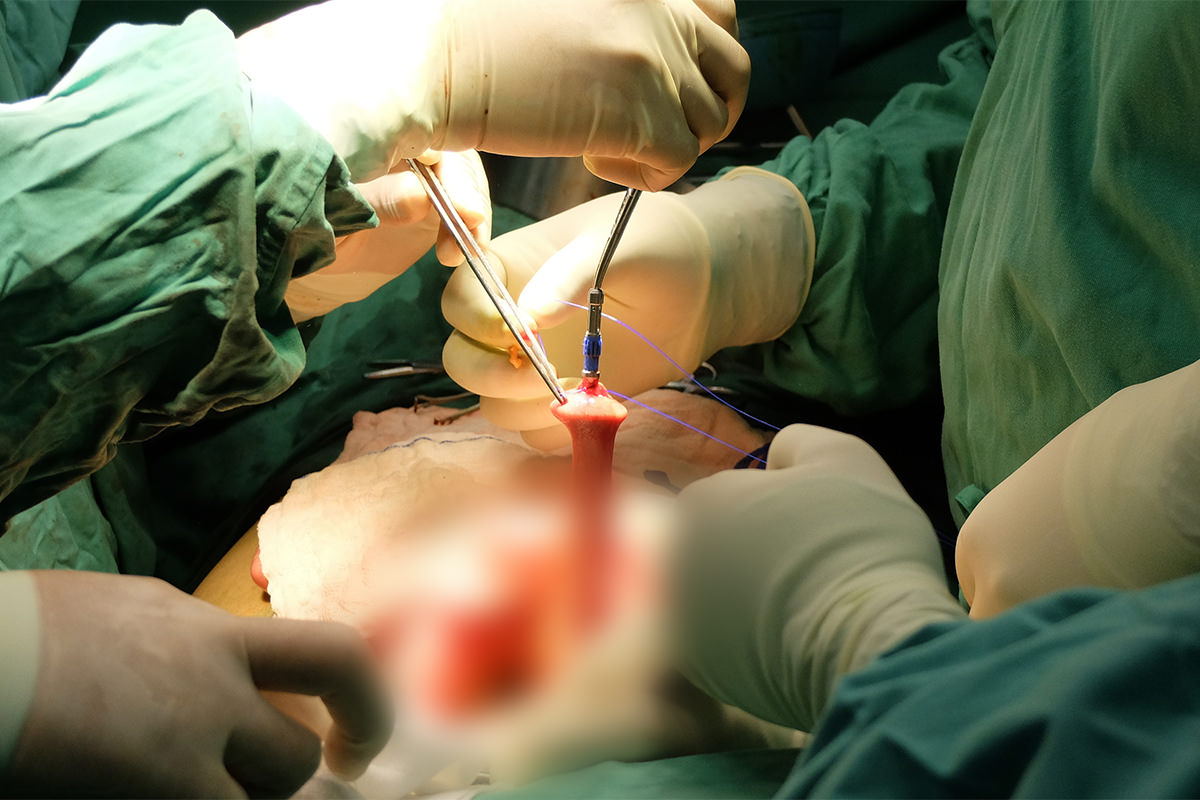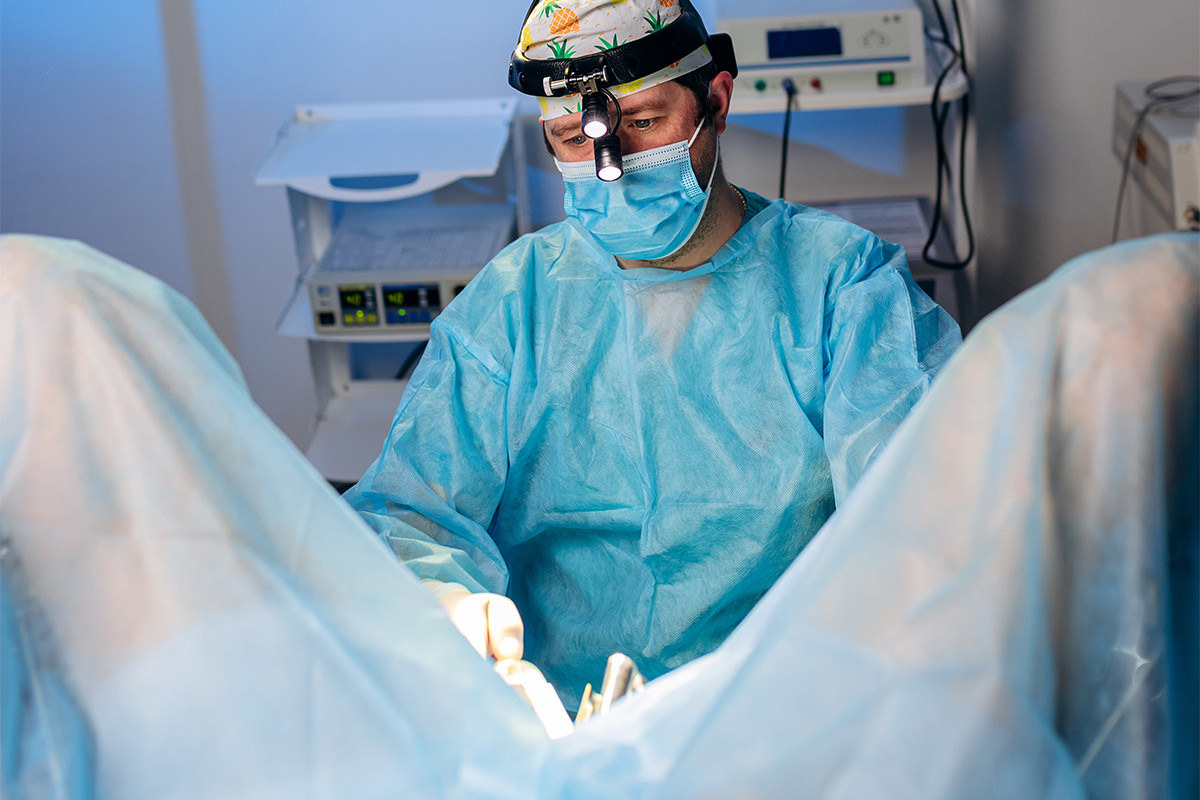What are inflammatory bowel disease? Chronic digestive tract inflammation.
Inflammatory bowel diseases (IBD) consist mainly of two distinct variants: Crohn’s Disease and Ulcerative Colitis. Both disorders may require surgery either because medical management is no longer effective, side-effects of treatment are becoming intolerable or because complications from the disease have developed. Complications can include scarring/strictures leading to obstructions, fistulas, bleeding, cancer, intractable weight loss, or anal leakage. We specialize in the surgical management of IBD.














